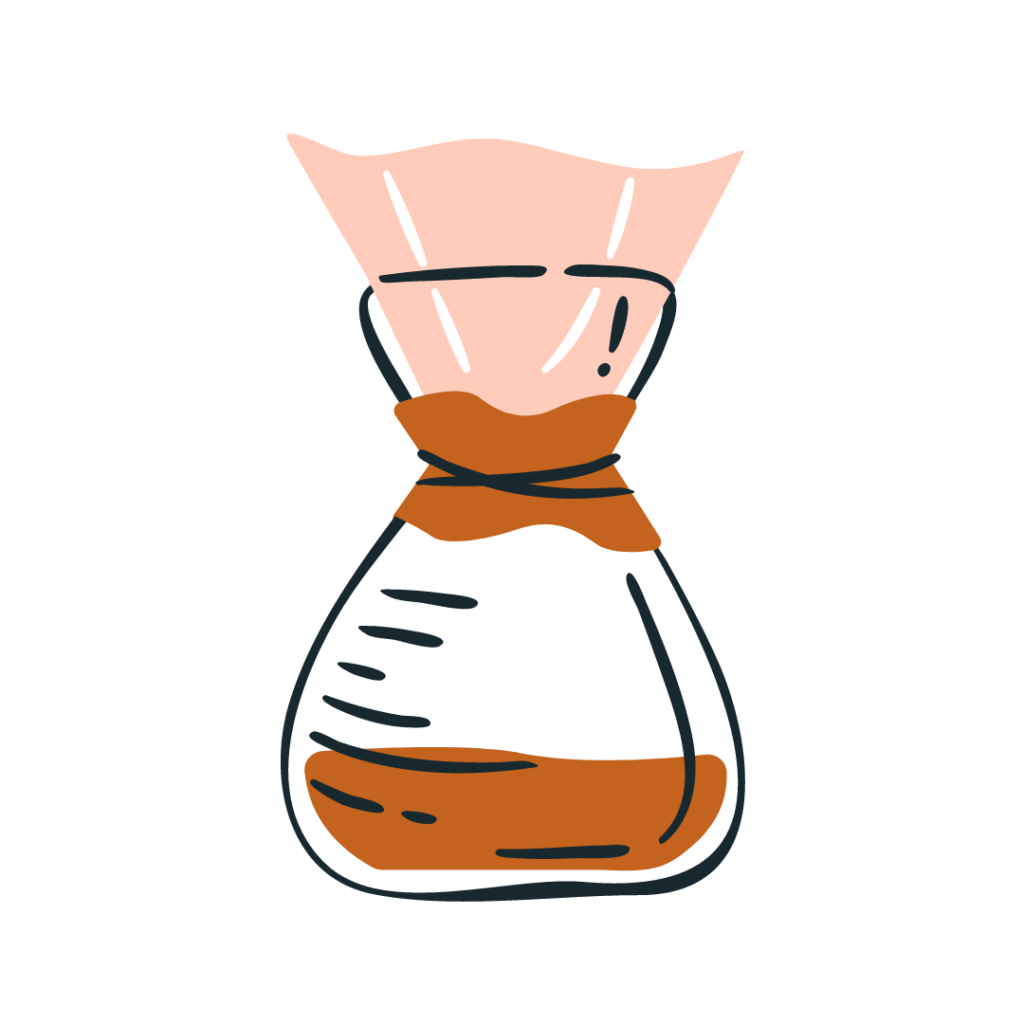- Albumin, a type of protein found in your blood, is a very important compound that affects the movement of nutrients throughout your body.
Its job is to help move smaller molecules, such as drugs or hormones, through your blood so that they can be delivered to different parts of your body. Your body likes to have 34 to 54 grams of albumin per liter of blood in your body, or 220 total grams of albumin, or about half a pound). For reference, a bag of coffee beans weighs about 1 pound!
Albumin is made in your liver, which produces about 12 grams of albumin each day! Albumin is also present in many animal products, such as:
- beef
- milk
- eggs
Albumin plays an important role with the movement of fluid throughout your body. Albumin accomplishes this by using osmotic pressure.

How Albumin Works
First, let’s review how blood moves through your body:
- Blood is pumped through your body by your heart.
- Arteries carry blood away from the heart.
- Veins carry blood back to your heart.
- Capillaries are small branches of blood vessels that connect arteries to veins.
Capillaries are found in areas where different compounds are exchanged between the blood and the surrounding tissues.
Substances (replenishing molecules) that leave the capillaries include water, oxygen, and glucose; substances that enter the capillaries (waste products) include water, carbon dioxide, lactic acid, uric acid. Albumin “pushes” replenishing molecules to the tissues using osmosis. Albumin also uses osmosis to “pull” waste from the tissues to pass through into the bloodstream.
If you have low albumin levels, osmotic pressure decreases, and your body won’t be able to efficiently remove fluids from the tissues around your capillaries. Albumin helps “pull” fluid and waste products away from capillary regions.
One possible cause of low albumin levels could be malnourishment. One of the symptoms of low albumin levels is fluid retention and puffiness in your tissues. This occurs because there is less albumin in your blood to remove the fluid from your tissues. Another cause of low albumin levels could be a liver condition (since that is where albumin is created). Higher albumin levels may be caused by acute infections, burns, and stress from surgery or a heart attack.
Summary
Albumin is a very important compound in the body and affects so many physiologic processes. Your body usually does a good job of controlling the level of albumin in your body so that your body can function properly, but it’s a good idea to get your albumin levels checked if you’re showing symptoms of puffiness in your tissues.
